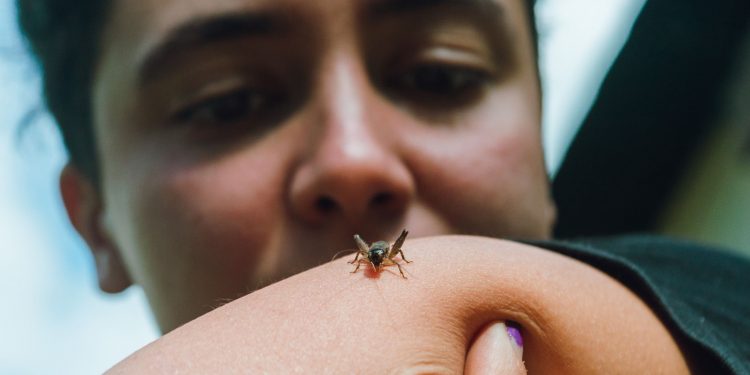Bug bites and stings are common during outdoor activities, especially in warmer months. While most bites and stings are harmless, some can cause allergic reactions or transmit diseases. Understanding how to prevent and treat bug bites and stings can help you enjoy the outdoors more safely.
Spending time outdoors can be a refreshing and enjoyable experience, but it also comes with the risk of bug bites and stings. Whether hiking in the woods, gardening in your backyard, or simply enjoying a picnic, insects like mosquitoes, bees, and ticks can pose a threat. Knowing how to prevent and treat these bites and stings is essential for maintaining your health and comfort. This blog will guide you through effective prevention strategies and treatment methods to keep you protected.
Preventing Bug Bites and Stings
1. Use Insect Repellents
Applying insect repellents is one of the most effective ways to prevent bug bites. Look for repellents containing DEET, picaridin, or oil of lemon eucalyptus, which are proven to repel a variety of insects. Apply the repellent to exposed skin and clothing, following the instructions on the label. Reapply as needed, especially if you’re sweating or swimming.
2. Wear Protective Clothing
Covering your skin can significantly reduce the risk of bug bites. Wear long-sleeved shirts, long pants, and socks when spending time outdoors. Light-colored clothing is preferable as it makes it easier to spot ticks and other insects. Consider tucking your pants into your socks and wearing a hat to provide additional protection.
3. Avoid Peak Insect Activity Times
Many insects, like mosquitoes, are most active during dawn and dusk. If possible, plan your outdoor activities during times when insect activity is lower. Also, avoid standing water areas, as these are common breeding grounds for mosquitoes.
4. Keep Your Environment Clean
Reducing the number of insects around your home can help prevent bites. Remove standing water where mosquitoes can breed, keep food covered to avoid attracting ants and flies, and use screens on windows and doors to keep insects out. Regularly clean outdoor areas to remove debris and potential hiding spots for insects.
5. Use Natural Deterrents
Certain plants and essential oils can help deter insects naturally. Planting citronella, lavender, and marigolds around your yard can reduce mosquito populations. Essential oils like eucalyptus, tea tree, and peppermint can be used in diffusers or diluted and applied to the skin as natural repellents.
Treating Bug Bites and Stings
1. Clean the Area
The first step in treating a bug bite or sting is to clean the affected area with soap and water. This helps prevent infection and reduces the risk of complications. Gently pat the area dry with a clean towel.
2. Apply a Cold Compress
Applying a cold compress to the bite or sting can help reduce swelling and numb the area, providing relief from pain and itching. Use a clean cloth or an ice pack wrapped in a towel, and apply it to the area for 10-15 minutes at a time.
3. Use Over-the-Counter Treatments
Over-the-counter creams and ointments can provide relief from itching and discomfort. Look for products containing hydrocortisone, calamine lotion, or antihistamines. These can help reduce inflammation and soothe the skin.
4. Take Pain Relievers
If the bite or sting is particularly painful, over-the-counter pain relievers like ibuprofen or acetaminophen can help alleviate the discomfort. Follow the dosage instructions on the label and consult with a healthcare provider if you have any concerns.
5. Watch for Allergic Reactions
In some cases, bug bites and stings can cause allergic reactions. Symptoms of a severe reaction include difficulty breathing, swelling of the face or throat, dizziness, and hives. If you or someone else experiences these symptoms, seek emergency medical help immediately.
Preventing Tick Bites
Ticks can transmit diseases like Lyme disease, so preventing their bites is crucial. When in wooded or grassy areas, stay on marked trails and avoid tall vegetation. Perform thorough tick checks on yourself, your children, and your pets after spending time outdoors. Remove ticks promptly using tweezers, grasping the tick as close to the skin as possible, and pulling straight out.
Preventing and treating bug bites and stings involves a combination of proactive measures and effective treatments. By using insect repellents, wearing protective clothing, and keeping your environment clean, you can reduce the risk of bites. Knowing how to treat bites and stings promptly and effectively can help minimize discomfort and prevent complications. Enjoy the outdoors with confidence, armed with the knowledge to protect yourself and your loved ones from bug bites and stings.
For more health and wellness tips, visit A Health Place.










